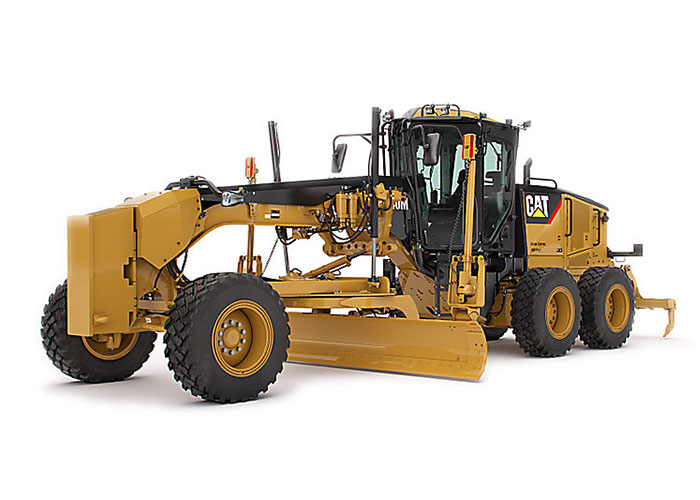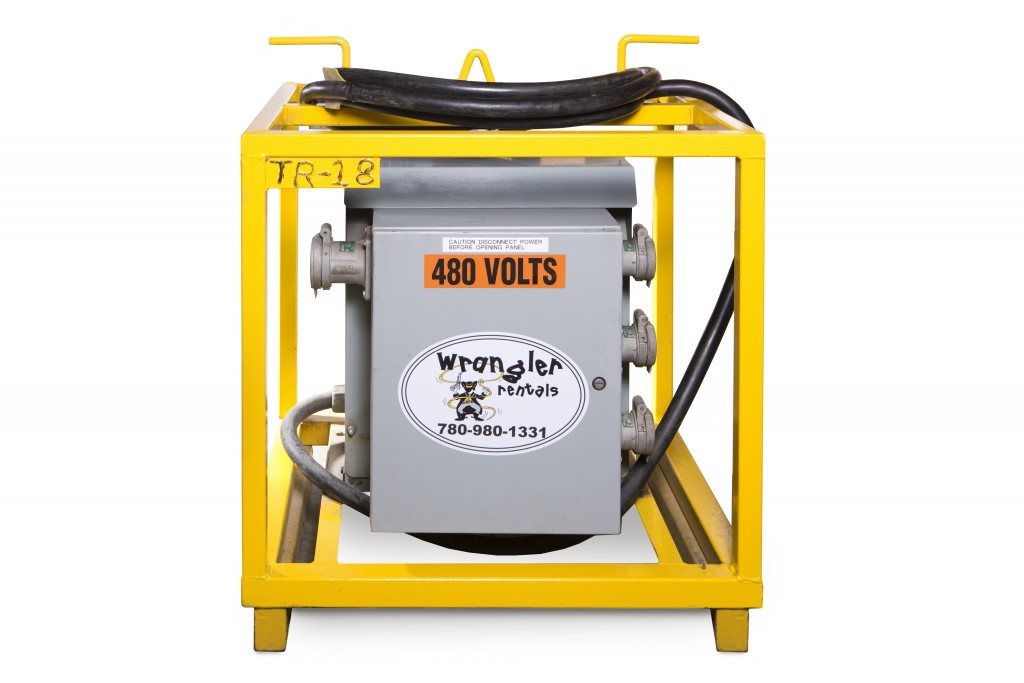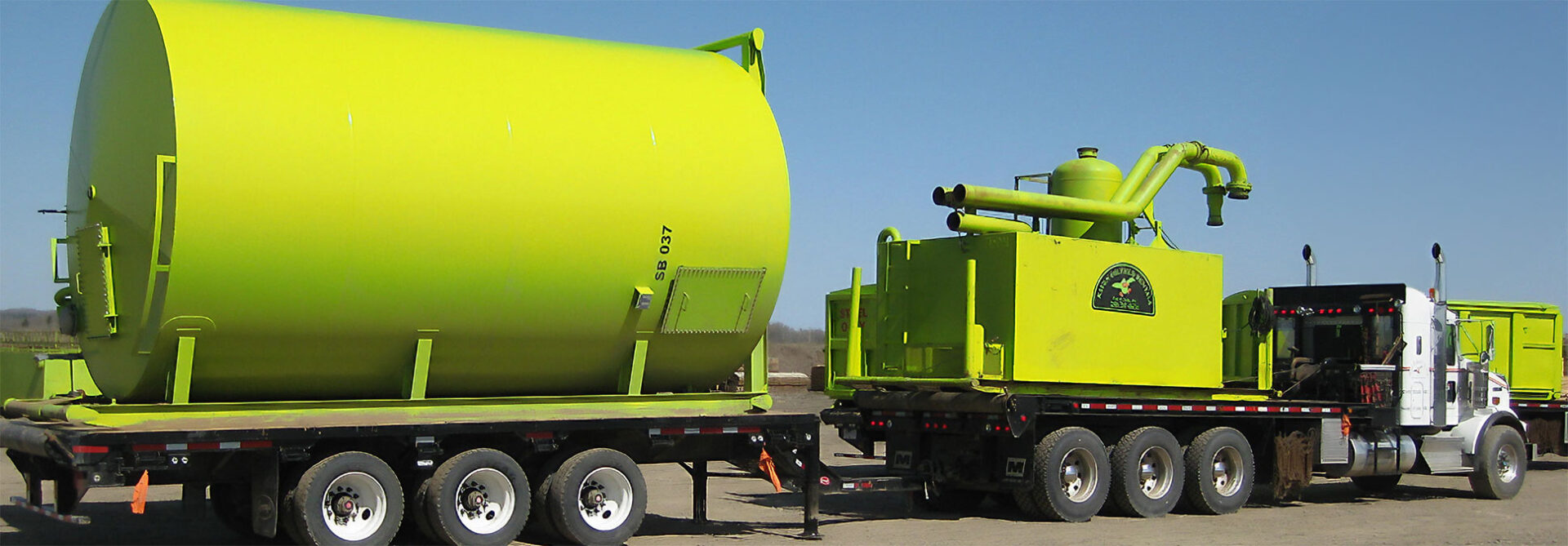Superior Oilfield pipeline equipment rentals: real success stories
Wiki Article
A Comprehensive Overview to the Different Sorts Of Oil Field Equipment and Pipeline Equipment Available
The oil and gas sector counts greatly on customized tools for effective extraction and transport. Different types of machinery, from piercing rigs to storage containers, play crucial duties in this intricate process. Each piece of devices serves distinct features that add to total functional success. Comprehending these parts is important for any individual included in the field. As the sector progresses, so also do the innovations that support it. What developments are on the horizon?
Drilling Rigs: The Foundation of Oil Exploration
Drilling rigs work as the necessary equipment in the domain name of oil exploration, making it possible for firms to access hydrocarbon reserves hidden deep below the Earth's surface area. These rigs come in different kinds, consisting of land rigs, offshore rigs, and mobile systems, each developed to operate in specific environments. Furnished with advanced technology, piercing rigs can permeate geological formations with precision, guaranteeing reliable source removal. The architectural integrity and operational capabilities of these rigs are critical, as they have to endure severe conditions and substantial stress. The selection of a boring rig affects the overall job expense and timeline, making it an essential consideration for oil business looking for to enhance their exploration efforts and make best use of performance in their procedures.Pumps: Necessary for Fluid Activity
In the oil extraction process, the duty of pumps is substantial, helping with the movement of liquids throughout different phases of manufacturing. Pumps are essential for carrying unrefined oil, water, and other fluids from underground reservoirs to the surface and then via pipes to refineries. They can be found in different kinds, including centrifugal, positive displacement, and submersible pumps, each offering certain purposes based upon the fluid features and operational requirements. Centrifugal pumps are commonly utilized for their efficiency in high-flow applications, while favorable variation pumps succeed in dealing with thick liquids. The selection of pump effects general performance, functional safety, and maintenance expenses. Appropriate selection and maintenance of pumps are crucial for maximizing production and reducing downtime in oil field operations.Shutoffs: Managing Flow and Pressure

Valves play an important role in managing the flow and pressure of liquids within oil fields and pipelines. Different kinds of valves offer distinct applications, each developed to meet certain features basic for efficient operation - Superior Rentals fusion machines. Recognizing the characteristics and usages of these shutoffs is vital for enhancing system efficiency and safety and security
Sorts of Valves
Essential parts in oil area operations, valves play an important role in controlling the circulation and pressure of liquids within pipelines and equipment. Various kinds of shutoffs are made use of to satisfy the diverse demands of oil and gas manufacturing. Common kinds include gate shutoffs, which provide a straight-line flow and marginal pressure decline; globe shutoffs, recognized for their strangling capacities; and sphere valves, identified for their quick on/off control. In addition, check shutoffs prevent backflow, while butterfly valves offer a lightweight service for controling flow. Each shutoff kind is created with details products and configurations to hold up against the harsh conditions typically discovered in oil areas, guaranteeing dependability and performance in operations. Comprehending these types is crucial for effective system monitoring.Valve Applications and Features
While various kinds of valves serve distinctive objectives, their key applications revolve around managing flow and stress within oil and gas systems. Valves such as entrance, world, and ball shutoffs control liquid activity, ensuring peak performance and safety and security. Gate valves are commonly made use of for on/off control, offering minimal circulation resistance. World valves, on the other hand, deal precise flow law, making them appropriate for throttling applications. Ball valves are favored for their fast procedure and tight sealing abilities. Furthermore, stress alleviation valves are critical for stopping system overpressure, protecting devices honesty. Overall, the proper selection and application of valves enhance functional effectiveness, ensuring the trustworthy transport of oil and gas with pipelines and processing facilities.Compressors: Enhancing Gas Transportation
Compressors play a critical role in the effective transport of natural gas, guaranteeing that it moves efficiently through pipes check out here over long ranges. These tools enhance the pressure of gas, permitting it to overcome friction and altitude changes within the pipeline system. Additionally, compressors promote the balancing of supply and demand, fitting fluctuations in usage and production prices. Different sorts of compressors are utilized in the sector, consisting of centrifugal, reciprocating, and rotary screw compressors, each offering distinctive benefits based on the operational needs. Regular upkeep of these compressors is vital to maximize performance and reduce downtime, ultimately adding to a reliable gas transportation network. Their important function highlights the value of compressors in the general oil and gas facilities.Storage Tanks: Safe and Reliable Fluid Monitoring
Reliable transportation of natural gas relies upon various sustaining systems, among which is the correct management of tank. These tanks play a crucial function in securely including liquids, making sure that operational performance is preserved while minimizing environmental threats. Built from resilient materials, they are developed to endure high pressures and destructive elements. Effectively sized and tactically situated, storage space containers help with the smooth flow of gas and various other liquids, protecting against bottlenecks in supply chains. Regular upkeep and surveillance are essential to identify leakages or architectural concerns, advertising security and compliance with regulatory criteria. Ultimately, the reliable administration of storage space containers is essential for the general stability and integrity of the oil and gas industry's liquid handling systems.
Pipeline Equipments: Facilities for Transportation
Pipeline systems work as the backbone of the oil and gas industry, assisting in the my latest blog post effective transportation of hydrocarbons over vast Our site ranges. These systems contain different components, consisting of pipes, valves, pumps, and compressors, all meticulously created to guarantee seamless circulation. The materials used in pipeline building, often steel or high-density polyethylene, are picked for toughness and resistance to corrosion. Pipeline networks can extend throughout land and water, connecting production websites to refineries and distribution facilities. In addition, advanced innovation enables real-time tracking of circulation rates and stress levels, enhancing operational performance. The critical positioning of these pipes reduces environmental effect while optimizing resource access, thereby playing an important function in conference power demands internationally.Safety And Security Equipment: Ensuring Employee and Environmental Management
The operation of pipeline systems, while vital for power transportation, also presents substantial safety challenges for employees and the atmosphere. Safety tools plays a significant function in minimizing these threats. Personal protective devices (PPE) such as headgears, handwear covers, and non-slip footwear safeguards employees from physical threats. Furthermore, gas detection systems keep track of for leaks, ensuring that harmful compounds do not present a hazard to personnel or the surrounding ecological community. Emergency situation shutdown systems are imperative for rapidly stopping procedures throughout a situation, protecting against potential disasters. Spill containment materials, including absorbents and barriers, are basic for minimizing ecological effect. On the whole, investing in all-inclusive security devices is vital for maintaining functional integrity and protecting both employees and the atmosphere in the oil and gas field.
Frequently Asked Inquiries
How Do I Choose the Right Oil Field Equipment for My Job?
Selecting the right oil field devices entails evaluating job requirements, budget constraints, and operational needs. Consider elements such as devices dependability, compatibility with existing systems, and the provider's online reputation to ensure peak efficiency and security.What Are the Upkeep Demands for Oil Field Equipment?
Upkeep demands for oil field equipment include routine examinations, lubrication, and prompt fixings. Operators must also comply with maker guidelines, screen performance metrics, and guarantee compliance with safety and security regulations to enhance longevity and efficiency.
Exactly How Can I Make Certain Conformity With Environmental Rules?
To assure compliance with ecological guidelines, business should carry out routine audits, apply ideal practices, buy training, maintain appropriate documentation, and stay upgraded on regulations (Superior Rentals fusion machines). Partnership with ecological agencies can also enhance adherence to guidelinesWhat Is the Typical Life-span of Pipeline Equipment?
The average life expectancy of pipeline tools usually ranges from 20 to 50 years, depending upon elements such as worldly top quality, environmental problems, and upkeep methods. Normal inspections can considerably affect longevity and functional performance.Exactly how Do I Securely Transfer Oil Field Equipment to Remote Locations?
Delivering oil area equipment to remote locations needs mindful preparation, including course analysis, safeguarding authorizations, utilizing proper automobiles, and making sure safety and security procedures are complied with. Proper training and interaction among teams are necessary for successful transport.Report this wiki page